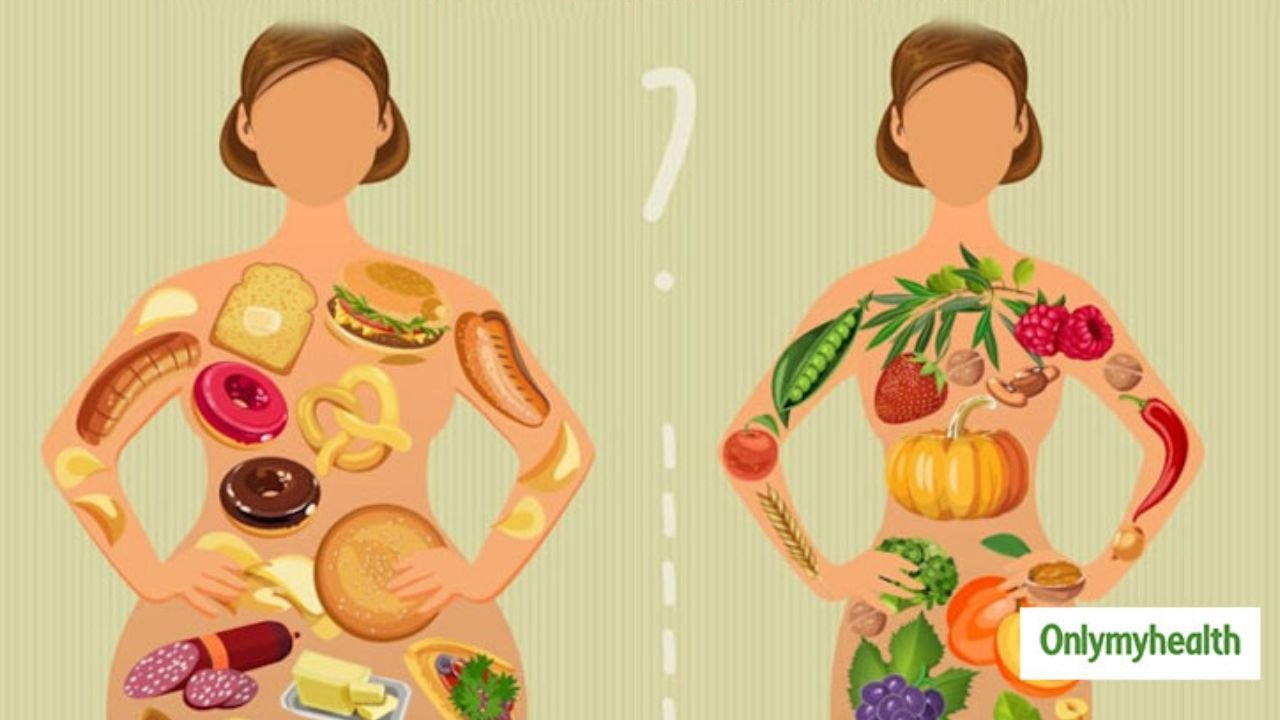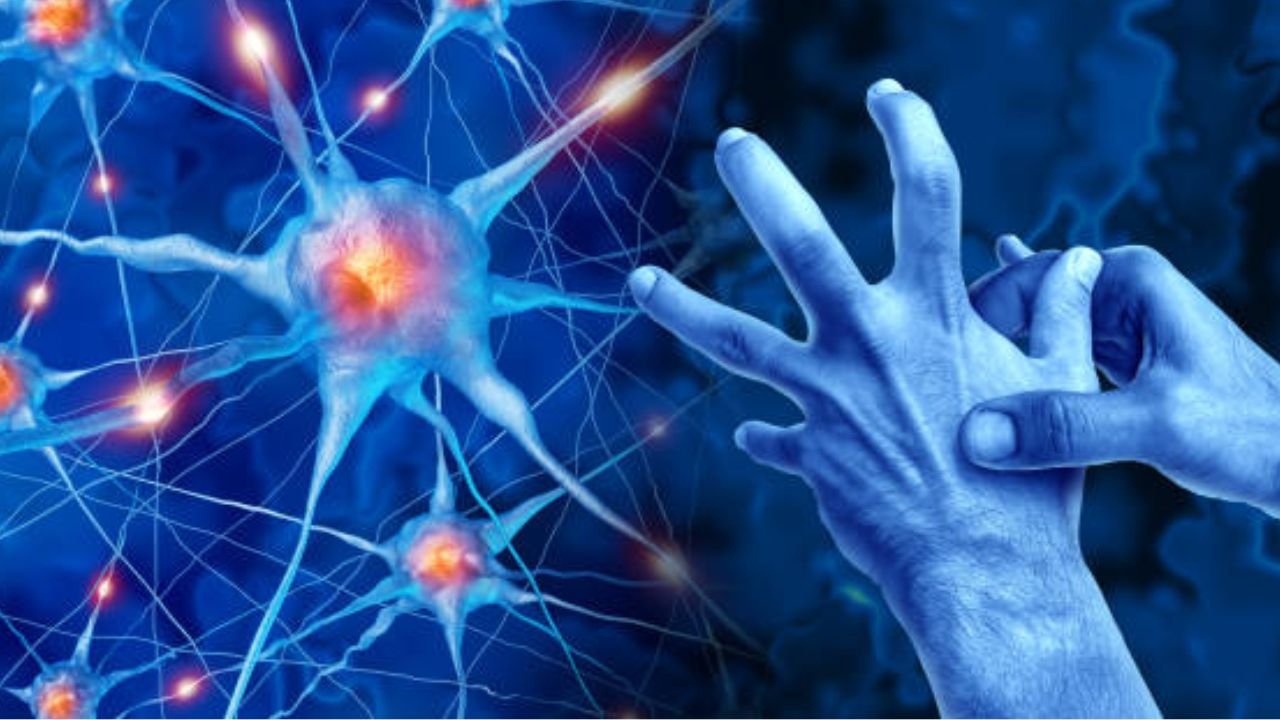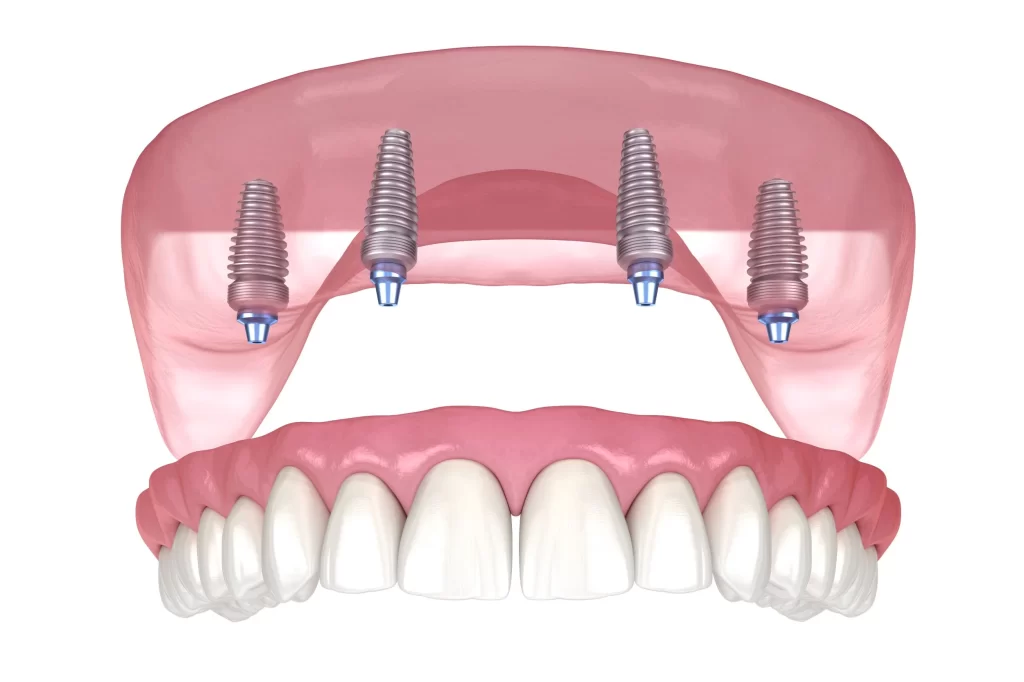Metabolism is the thing people tend to know in order to lose weight. People think that metabolism is important in the rate at which or the ease with which the body burns calories. Metabolism is something that is not well understood although it is a major contributor towards total energy expenditure. This article will explain some widespread myths regarding metabolism and effects of metabolism on loss of weight.
What exactly is metabolism as far as weight loss is concerned?
Metabolism can be described as the functioning of food into energy. It is not only burning calories but should also help in promoting body processes like breathing process, blood flow and digestion. That energy which your body expends during rest is called your Basal Metabolic Rate (BMR). This constitutes most of the calories which you burn in a day.
It is not purely metabolism that will either cause an individual to gain weight or lose weight. Such factors as diet, physical exercise, sleep, and general lifestyle are very influential. Although an increased metabolism may burn a couple of calories, a balanced body process involving healthy lifestyles is the most likely to lose weight sustainably.
Is Slow Metabolism impossible to lose weight?
The slower metabolism is not a barrier in losing weight, though it can be a factor that influences the improvement of results on a faster basis. Individuals whose BMR is low also burn fewer calories during rest as opposed to people with high BMR. This implies that they might need to modify their calorie consumption and energetic uses in order to accomplish the similar results as well as the person with the elevated BMR.
It is worth mentioning that metabolic rate changes depending on individuals because of genetics, body compositions, and conditions. By getting familiar with these factors, you will be able to make reasonable goals and strategies that will suit your set of needs and not necessarily target your metabolism as an obstacle.
Are There Foods Which Can Increase Metabolism?
There are numerous diets suggesting that there are foods or beverages which will help in accelerating your metabolism. Although it is a fact that certain foods could increase energy expenditure during the digestion and absorption process slightly, the benefits are of little significance and at a short-term basis. It is true that spicy food, green tea, and high protein food takes up more energy to digest but it is not the only way of losing weight.
To improve overall health and energy balance is not a matter of searching quick fixes but by consumption of a variety of foods that contain nutritious components. Forming good, long-term, sustainable nutrition and exercising habits is usually effective more than using particular foods to manipulate the metabolism.
What is the Age-Effect on Metabolism?
Due to the changes in muscle and hormonal balance as natural phenomena, metabolism usually decreases with age. The muscle mass of many individuals decreases once they reach age 30 resulting into reduced BMR. Such loss can lead to a decrease of the number of the calories burned when at rest as compared with the past years. To counter the decline, remaining active and training on strength-based exercises may help maintain muscle mass. Exercise, combined with good dietary habits may help in managing weight and maintaining good health even as the body ages.
Drink a Weight Loss Professional
Weight management is effected by metabolism but it is incomplete. Most of the time, the creation of an ideal lifestyle that encompasses exercise, adequate sleep and healthy diet is what makes the difference in long-run weight expectations.
Maybe, you yourself do not know how to adjust your habits or have a specific solution to your problem, and then a medical weight loss professional can help you in such matters. Such professionals will be able to provide you with individual tips and techniques which are compatible with your health objectives. The first step is today and you can book consultation to get started.



